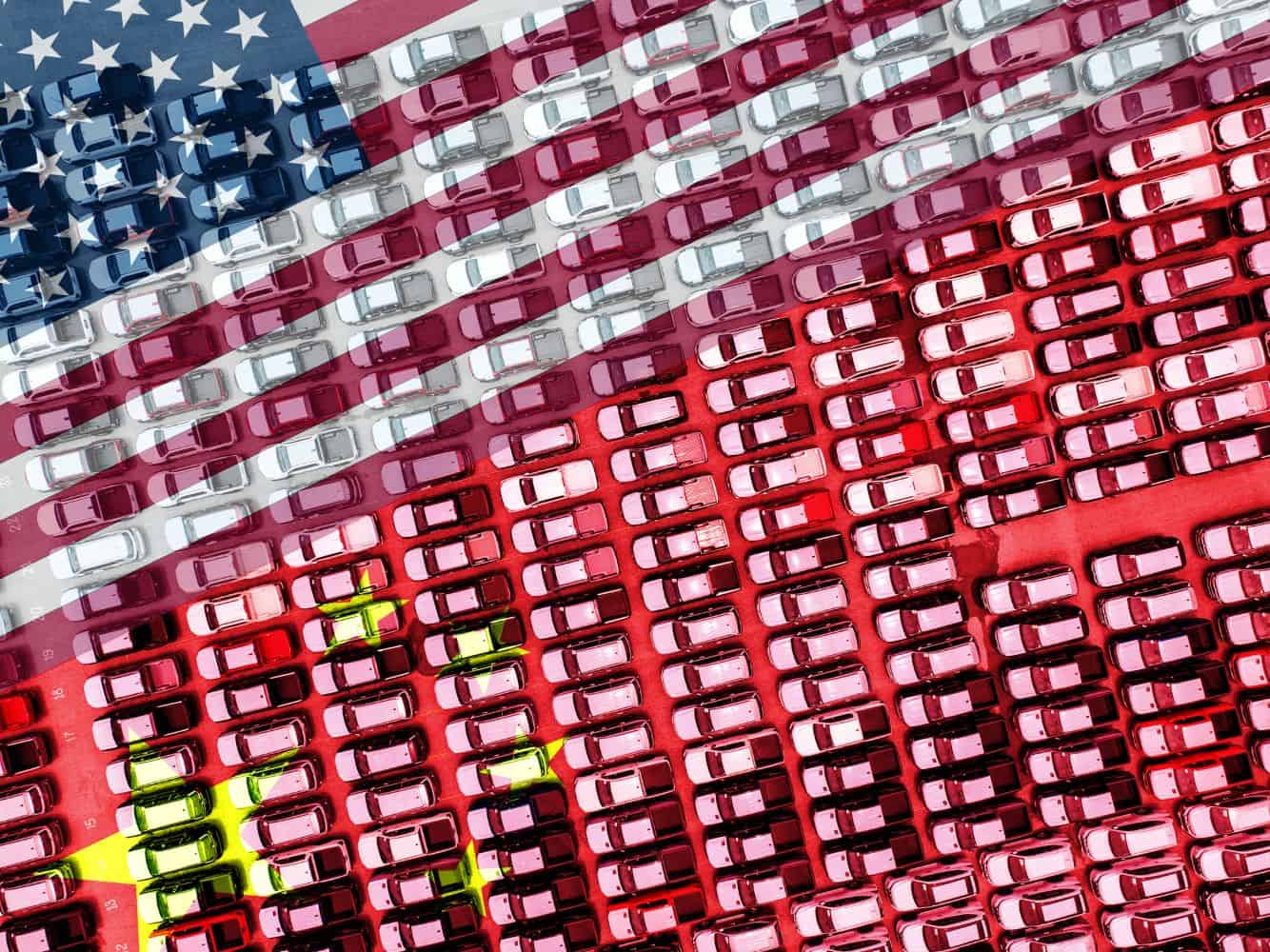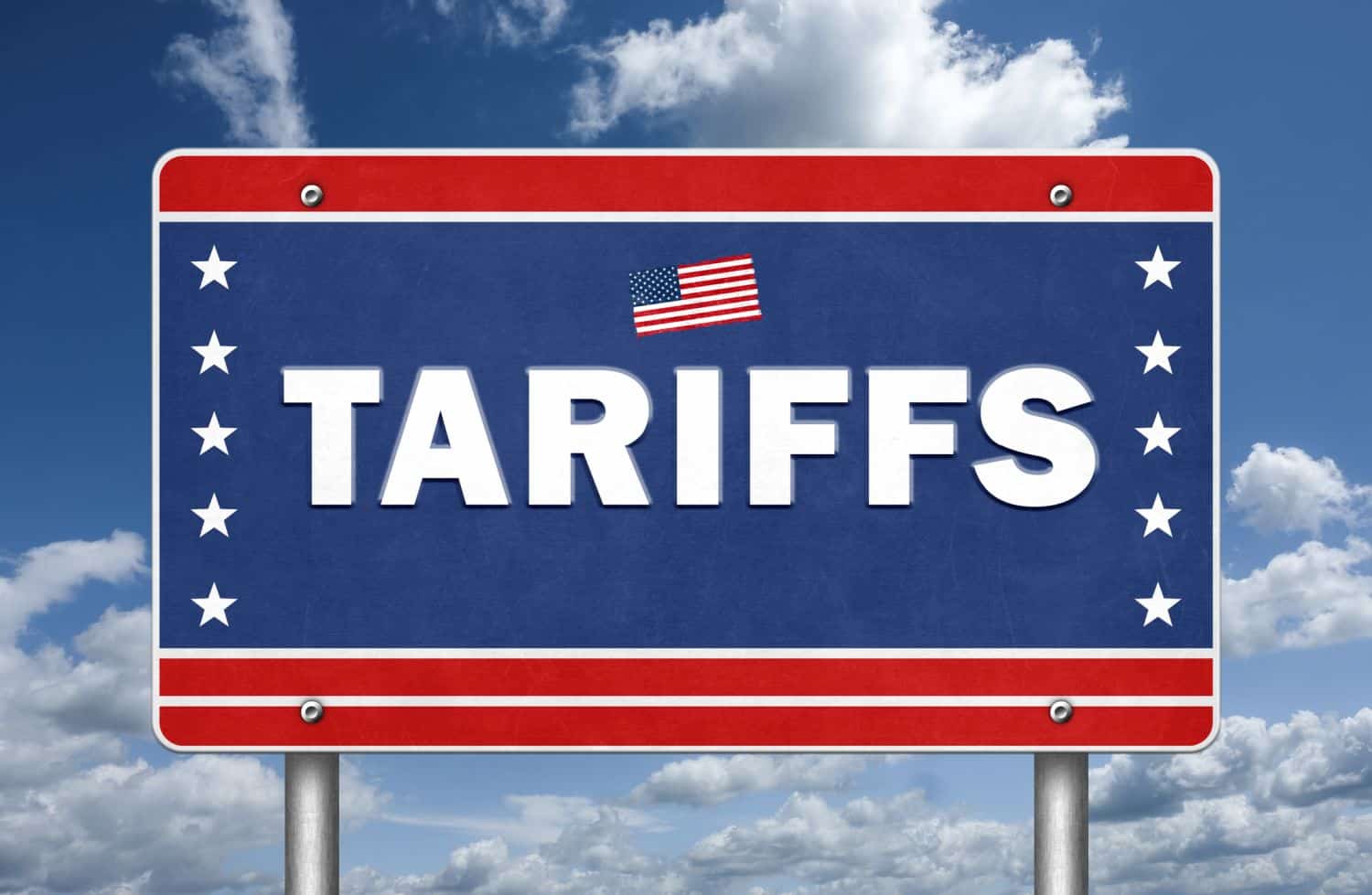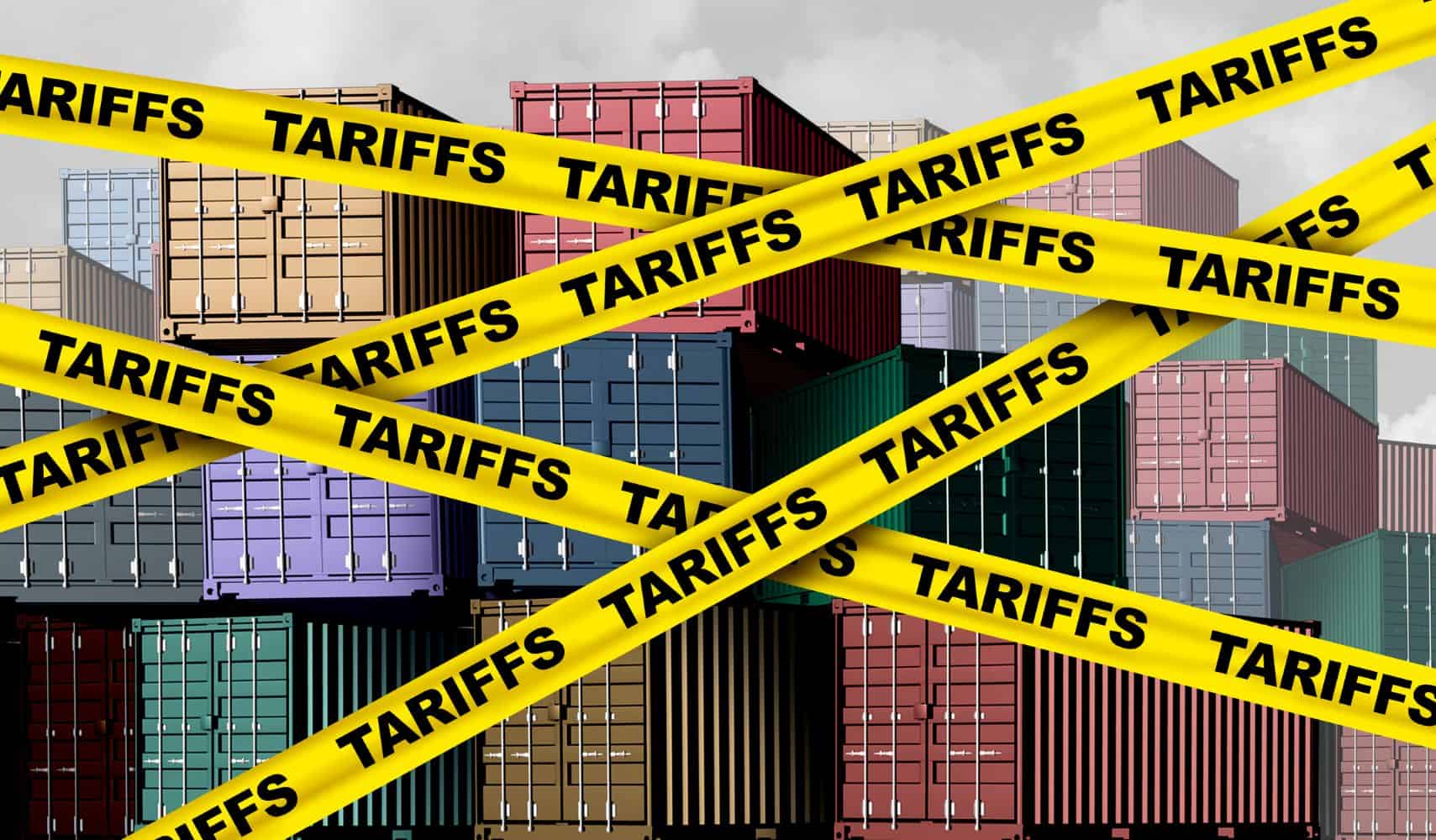South Africa’s automotive sector already reflects the devastating impact of the US tariffs and a socio-economic crisis in the making.
The announcement and anticipation of the US tariffs already had a devastating and immediate impact on trade performance, even before the tariffs were implemented.
Vehicle exports to the US dropped by 73% in the first quarter of 2025, followed by a further decline of 80% in April and 85% in May.
Mikel Mabasa, CEO of the National Association of Automobile Manufacturers of South Africa (Naamsa), the Automotive Business Council, says this represents a risk of a direct loss of vehicle and component export volumes and annual export earnings, which would be difficult to recover in the short term.
And it is not just the export volumes. Mabasa says this is not just a trade issue, but a socio-economic crisis in the making, as the US tariffs directly threaten thousands of jobs in the automotive sector, disrupt hard-won industrial capabilities, and risk devastating communities, such as East London, where the auto sector forms the economic heartbeat of the town.
“If we cannot retain export markets like the US, we risk turning vibrant industrial hubs into ghost towns.”
Mabasa says in a press statement that Naamsa noted the official communication from US President Donald Trump to the South African government last week to notify the country of the unilateral 30% reciprocal trade tariff, as well as President Cyril Ramaphosa’s formal response that confirmed South Africa’s diplomatic and strategic approach to this matter.
ALSO READ: How will the 25% US import tariff affect SA’s auto industry?
Automotive sector particularly vulnerable to 25% sectoral tariff
“South Africa’s automotive sector is particularly vulnerable to the 25% sectoral tariff imposed under Section 232 of the US Trade Expansion Act of 1962, which specifically targets automotive exports. This escalation in trade tensions poses a serious threat to one of South Africa’s most globally integrated and export-oriented industries.”
He says the US has consistently been South Africa’s second-largest trading partner and key export destination for vehicles manufactured in South Africa. Since the inception of the African Growth and Opportunity Act [Agoa], the automotive industry has benefited from substantial two-way trade and investment.
In 2024, the auto sector accounted for 64% of all Agoa trade between South Africa and the US, generating R28.6 billion in export revenue, with 24 681 vehicles exported to the US under Agoa.
The impact is also not on the sector itself, but also on original equipment manufacturers, value chains, and local economy. Mabasa says these tariff disruptions place major pressure on original equipment manufacturers [OEMs], who have long-standing industrial commitments with South Africa and invested significantly in local manufacturing, skills development and export infrastructure.
“The ripple effects of production loss due to disappearing export markets will be felt throughout the entire automotive value chain, from component manufacturers to logistics providers and across the thousands of workers and families who depend on the sector for their livelihoods.
ALSO READ: BMW SA ‘not exposed’ to current US tariff uncertainty
Finding new export partners will not happen overnight
“Export diversification and finding new markets is not something that can be achieved overnight. Our global competitors are already redirecting their exports into markets we traditionally serve. This intensifies the pressure on our OEMs, who must now absorb rising costs, reduce production and reconsider future investments.”
He points out that the automotive sector is a cornerstone of the economy, contributing an impressive 22.6% to total domestic manufacturing output and directly supporting over 110 000 formal sector jobs.
“The tariffs – and the broader uncertainty in US-Africa trade relations – strike at the heart of South Africa’s industrialisation agenda and threaten future investment in high-value manufacturing. They also undermine the significant progress made under Agoa to deepen US-Africa trade.”
Mabasa emphasises that Naamsa welcomes government’s continued diplomatic engagement with the US, including discussions held on the sidelines of the US-Africa Summit in Luanda in June and the submission of South Africa’s Framework Deal in May to address the concerns raised by the US government.
“We urge both governments to accelerate negotiations toward a balanced, rules-based trade agreement. We are encouraged by early proposals for a quota of 40 000 duty-free vehicle units per year, which would allow us to retain our footprint in this key market. It is vital that we use this opportunity to preserve the business case for continued investment.”
He says Naamsa continues to engage closely with government counterparts, providing data and strategic insights to support trade negotiations, and is also exploring additional export markets beyond the US urgently.
ALSO READ: US tariff of 30% on SA exports: where to now?
Time to prepare for more uncertain and competitive landscape in automotive sector
Although Mabasa expresses optimism about diplomacy, he emphasises the need to prepare for a more uncertain and competitive global landscape. The US market remains crucial for South Africa, not only for trade flows but also for industrial stability and investor confidence.
In addition, Mabasa points out that Naamsa is equally concerned about the impact of these developments on people’s livelihoods.
“Behind every tariff statistic are real people – autoworkers, supply chain technicians, logistics operators and their families. Nowhere is this more visible than in East London, a community that has grown and thrived on the back of automotive exports. The erosion of this trade threatens to unravel decades of socio-economic progress.
“We urge all parties involved in the diplomatic negotiations to recognise the strategic and social importance of safeguarding mutually beneficial trade frameworks like Agoa and to avoid short-term decisions that carry long-term consequences for vulnerable regions.
“Naamsa remains deeply committed to South Africa’s economic growth and industrial development, and we are optimistic that a constructive path forward will be reached through continued engagement and collaboration.”














